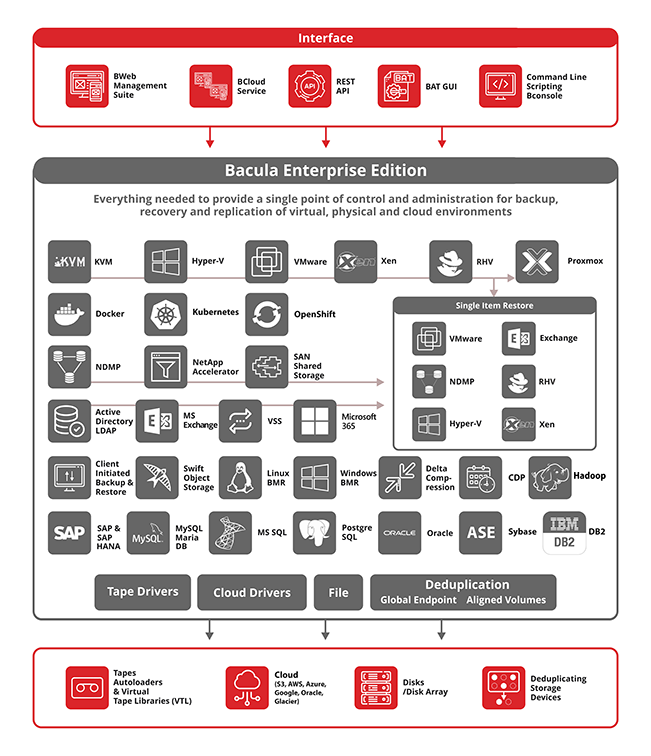People and organizations all over the world use computers, servers and smartphones to access and use data. However, not everyone is aware of how crucial it can be to maintain up-to-date backups of their information. If something unplanned happens (for example, if there is some sort of unexpected event, such as the data getting corrupted or deleted, a hard drive failing, or a malicious actor targeting your system), you could actually lose access to all your data. In the case of a business organization that has not correctly backed up its data, it could mean ultimately facing bankruptcy.
Theoretically, the process of backing up information is relatively straightforward. You must first create a copy of your files and applications and then store them in a safe alternative location. If anything goes wrong with the original location, you can just access the copied files and recover things to a previous point in time. However, the ways in which you can do this vary considerably depending on each person or company’s preferences. Some store backups on internal or external drives or USB sticks; others prefer a more flexible cloud storage system so the data is more easily accessible and the backups can be created regularly and automatically. Where very large data volume is involved, tape technology is sometimes used. Many opt for a combination of the above to help maximize reliability.
When it comes to choosing the perfect backup and recovery system, security and reliability are two key components to keep in mind. The good news is that there are a number of tools capable of guarding your data against disasters, accidents, and threats. Three popular choices are Commvault, Veeam, and Bacula Enterprise, although it can be a little tricky at first to understand what exactly each of these solutions offers. This article will go through them in detail and present their main features, benefits, and downsides so you can see which one fits your business model and needs best.





